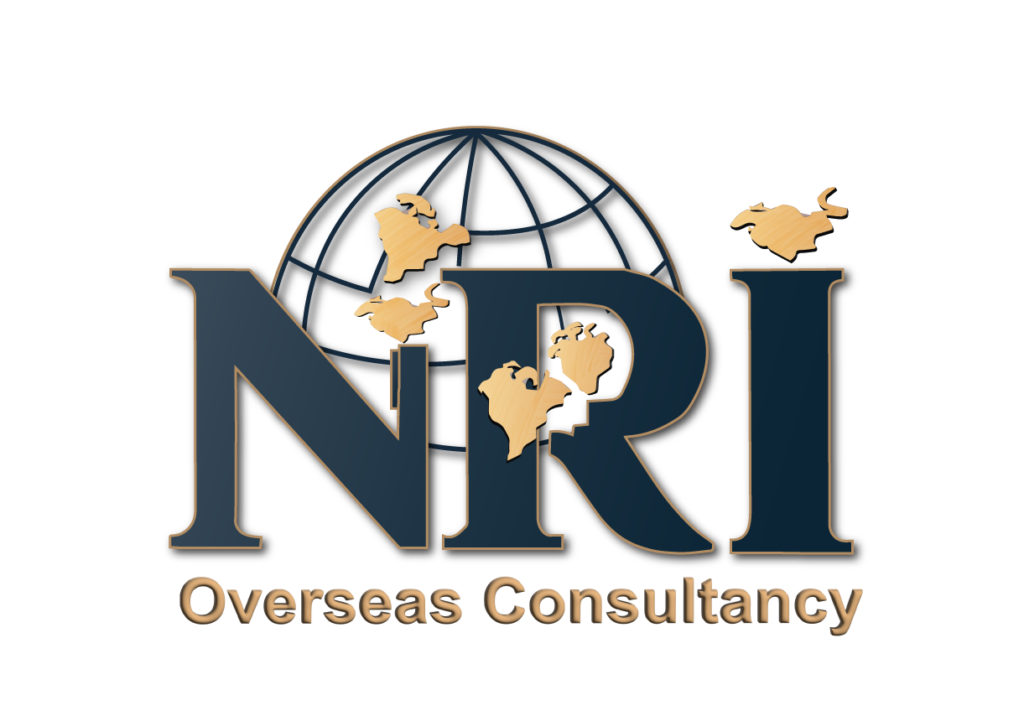The student visa process for Ireland and living expenses for Indian students are crucial when planning your studies abroad. Here’s a detailed guide on both aspects:
1. Choose a Program and Institution:
Before you can apply for a visa, you must be accepted into an accredited program at a recognized Irish educational institution. The institution should issue an acceptance letter confirming your enrollment in a full-time course.
2. Apply for a Student Visa:
Indian students typically require a Long Stay (D) Visa for courses that are longer than 3 months.
Types of Study Visas:
- C Study Visa: For courses less than 3 months (rare for full-time students).
- D Study Visa: For full-time courses longer than 3 months (most students fall into this category).
3. Gather Required Documents:
For your Ireland student visa application, you will need to provide the following:
- Passport: Valid for at least 12 months.
- Visa Application Form: Complete and submit the visa application form online via the Irish Immigration Service.
- Letter of Acceptance: From the Irish university or college confirming your admission.
- Proof of Payment: Evidence of payment of the tuition fee for your program.
- If the tuition fee is €6,000 or less, full payment is required before you apply for the visa.
- If the fee is more than €6,000, a minimum deposit of €6,000 must be paid in advance.
- Proof of Financial Capacity: You must show evidence that you have sufficient funds to cover living expenses and course fees (typically, you need at least €7,000 to support yourself for one academic year).
- Proof of Accommodation: A confirmed place to stay in Ireland (student dormitory, rental agreement, or private accommodation).
- Private Medical Insurance: Valid for the duration of your stay in Ireland.
- English Proficiency Proof: IELTS/TOEFL or equivalent if required by your university.
- Statement of Purpose (SOP): Explain why you are pursuing education in Ireland and your future plans.
- Previous Academic Transcripts and Certificates.
- Passport-sized Photos: Recent photos as per visa photo guidelines.
- Visa Application Fee: Approximately €60 for a single-entry visa or €100 for a multiple-entry visa.
4. Visa Application Process:
Steps to Apply for Ireland Student Visa:
- Apply Online: Start your visa application on the Irish Immigration Service website.
- Submit Supporting Documents: Gather and submit all required documents to your nearest Irish embassy or visa application center (VAC).
- Biometric Data: You may be required to provide fingerprints and a photograph (biometrics) during the application process.
- Pay Visa Fee: The current visa fee is €60 for a single-entry visa and €100 for a multiple-entry visa.
- Track Application: After submission, you can track your application status online.
5. Financial Requirements (Proof of Funds):
To study in Ireland, Indian students must show proof that they can financially support themselves. The minimum required amount is typically €7,000 per year, excluding tuition fees. This amount should cover basic living expenses.
Proof of financial support can include:
- Bank Statements: Showing sufficient funds in your own or a sponsor’s account.
- Education Loan Letter: From a recognized bank, showing that you have access to funds.
- Scholarship Letters (if applicable): If you have received a scholarship, submit proof.
6. Health Insurance:
International students must have private health insurance during their stay in Ireland. Some institutions provide group health insurance plans, or you can purchase individual coverage from an Irish insurance provider.
7. Medical and Police Clearance:
For some long-term visas, Indian students may need:
- Medical Reports: Depending on the type of program and duration.
- Police Clearance Certificate (PCC): To confirm no criminal record, which can be obtained from local police authorities or passport office.
8. Work While Studying:
As an Indian student in Ireland, you are allowed to work part-time:
- Up to 20 hours per week during the academic term.
- Full-time (up to 40 hours per week) during holidays and term breaks.
9. Living Expenses in Ireland:
Living costs vary by city, with Dublin being the most expensive city in Ireland. Here’s an average breakdown of monthly expenses:
Accommodation:
- Dublin: €800 – €1,500 per month (depending on shared or private housing).
- Other cities: €600 – €1,000 per month.
Food & Groceries: €250 – €350 per month.
Utilities (electricity, heating, internet): €100 – €150 per month.
Transport:
- Public Transport: €80 – €120 per month (Dublin); cheaper in smaller cities.
- Bicycle/Walking: Some students prefer cycling to save on transport costs.
Health Insurance: Approximately €500 – €700 per year, depending on the provider.
Miscellaneous (entertainment, clothing, etc.): €100 – €150 per month.
Total Monthly Living Expenses:
- In Dublin: €1,200 – €2,000 per month.
- In other cities (like Cork, Limerick, or Galway): €1,000 – €1,500 per month.
10. Post-Visa Process (Post-Arrival):
Once you arrive in Ireland:
- Register with Immigration: If you’re staying for more than 90 days, you must register with the Irish Naturalisation and Immigration Service (INIS) and obtain a GNIB card (Irish Residence Permit). The fee for this card is €300.
- Get a PPS Number: If you plan to work part-time, you will need to apply for a Personal Public Service (PPS) number.
Conclusion:
- Visa Fees: €60 (single-entry) / €100 (multiple-entry).
- Proof of Funds: €7,000 per year (living expenses).
- Health Insurance: Required.
- Working Rights: 20 hours per week during term, full-time during holidays.
By preparing thoroughly and submitting all the required documents, the Ireland student visa process can be straightforward. Make sure to apply in advance, as visa processing times can vary.

